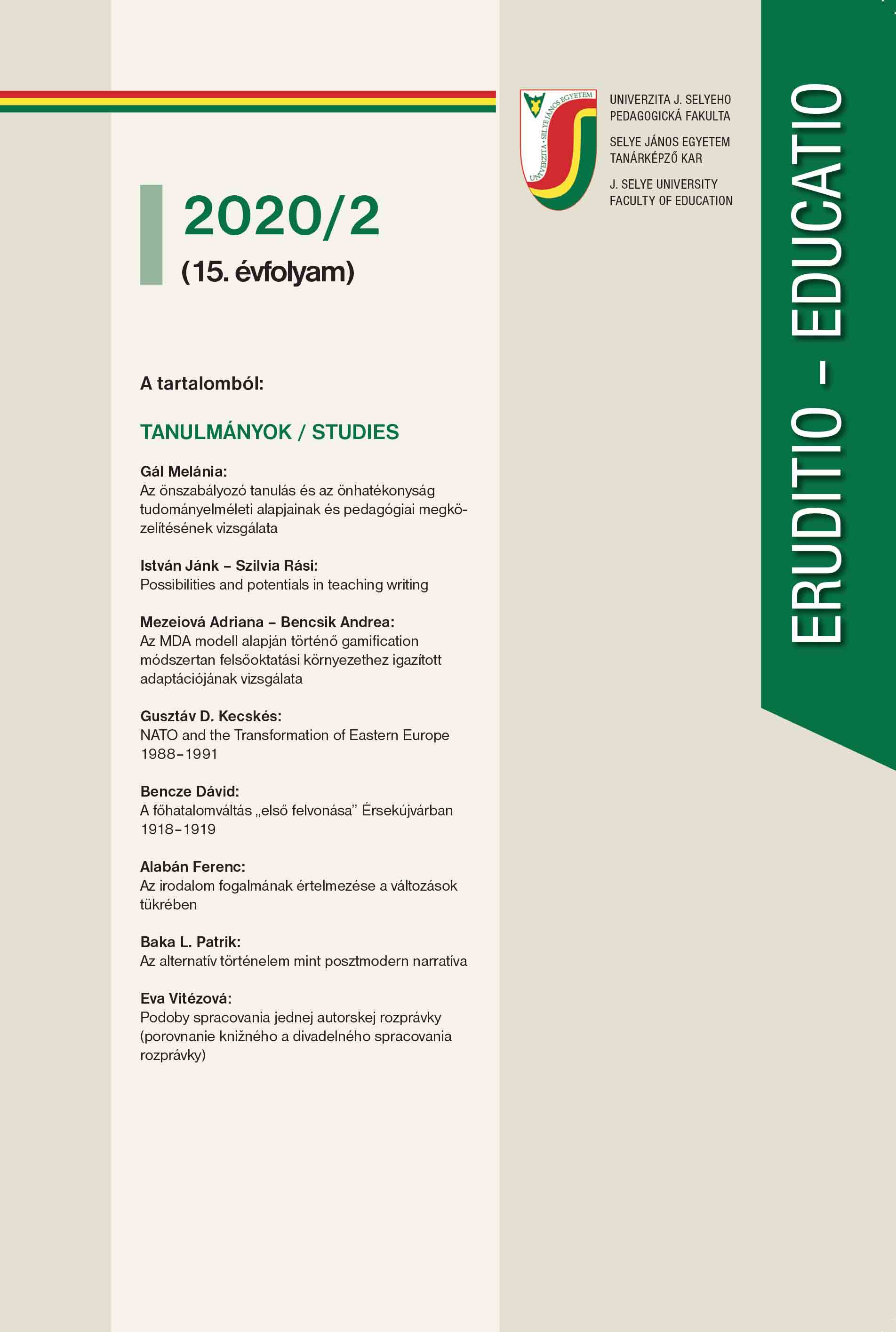A főhatalomváltás „első felvonása” Érsekújvárban 1918–19191
The “first act” of the change of main power in Érsekújvár 1918-1919
Author(s): Dávid BenczeSubject(s): History, Recent History (1900 till today), Pre-WW I & WW I (1900 -1919)
Published by: Pedagogická fakulta Univerzity J. Selyeho
Keywords: Érsekújvár (Nové Zámky); empire-changes; railway strike; resistance; establishment of Czechoslovakia
Summary/Abstract: The historical event of “Trianon” is the most neuralgic point in the history of the Carpathian Basin. This period (1918-1920) means the disintegration of “Historic Hungary” and the separation of nationalities from Austro-Hungarian Monarchy. The results of the national-aspirations of independence was the establishment of new “nation states” in the Carpathian Basin. Czechoslovakia as a multiethnic nation state was also created in 1918. The professional historians today agree that the Treaty of Trianon has many factors and different precedents. The new minority-communities had a “traumatic experience”, because they separated from Hungary and they became citizens of the new states. The paper explains this problem – the empire-changes – as a longer process. The study focuses on the progression of “Trianon” in Czechoslovakia. In the frame of our research we examine a South-Slovakian city – Érsekújvár. The aim of this paper is to present events which happened in the city during the end of 1918 and the beginning of 1919. After the empire-changes, Érsekújvár became an ethnically mixed (Slovakian-Hungarian)city. In my research I use archival sources from the Archive of District Office in Érsekújvár and press materials, more specifically, a regional newspaper Érsekújvár és Vidéke [Érsekújvár and its region] and some state newspapers. I also examine remembrances.
Journal: Eruditio - Educatio
- Issue Year: 15/2020
- Issue No: 2
- Page Range: 61-77
- Page Count: 17
- Language: Hungarian

